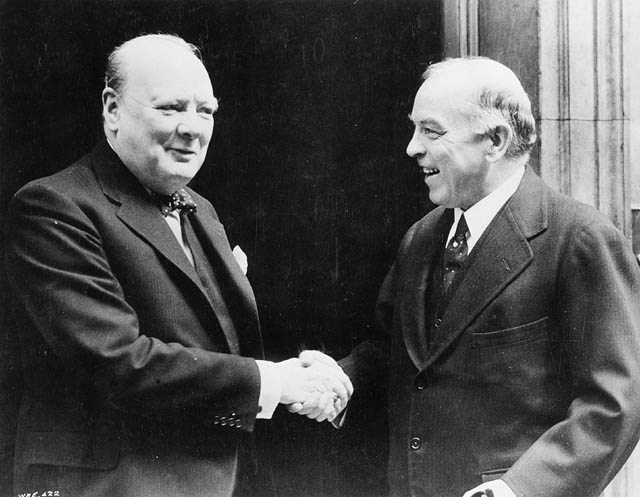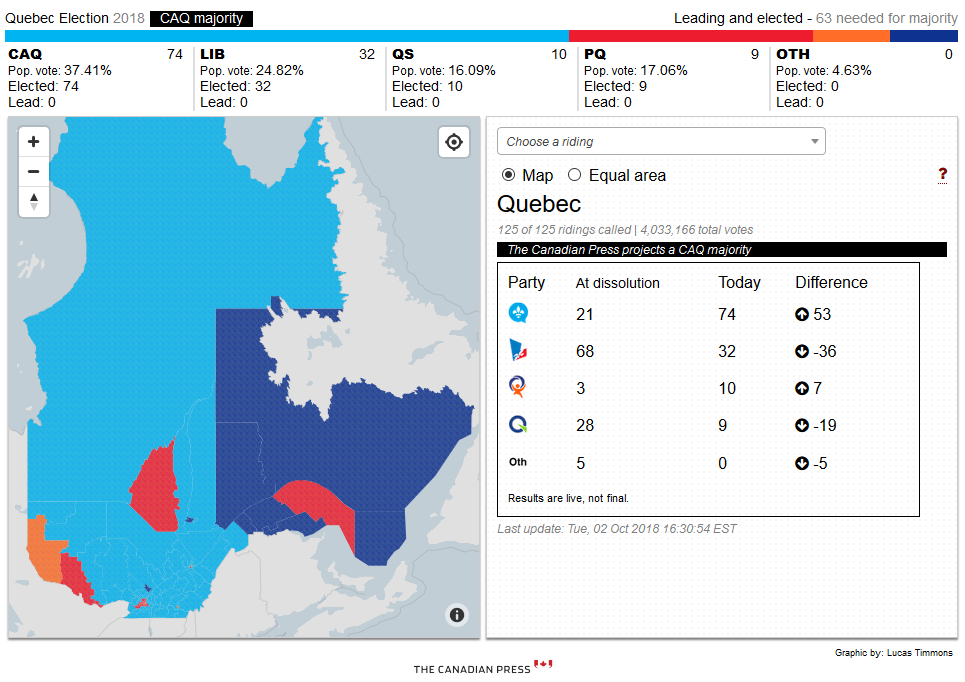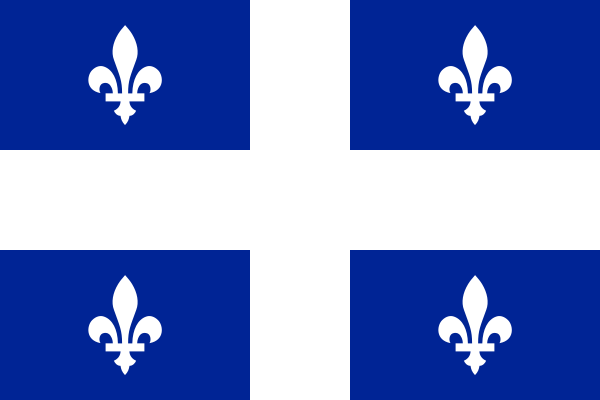If you happen to have misplaced your Libranos scorecard, Daniel Bordman has a quick summary to bring you up to date:
So here is how the accusation stands: The PMO put pressure on the AG to the benefit of SNC-Lavalin, she refused and was shuffled out of the AG position.
This led to a massive public outcry from the Conservatives, NDP and the 10 or so Journalists left in the mainstream media. The original plan was for the new AG, David Lametti, to explain to the public why this story is overblown and there was no need to look any further into the allegations.
His plan: he went on TV and explained to the public that he had spoken to Justin Trudeau and he had denied the allegations, so no investigation was needed. Brilliant! If only Bruce MacArthur and Alexander Bissonnette had known of this expert legal strategy of denying what you were caught doing, they could have escaped justice.
It is also important to note that the Prime Minister admits to having “rigorous conversations” with Jody Wilson Raybould over the SNC-Lavalian case.
After the Shaggy “it wasn’t me” defence failed to convince anyone outside of the CBC editorial board of Justin Trudeau’s innocence, a new plan was formed.
Plan B seemed to be, have everyone smear Jody Wilson-Raybould and act like it was her scandal not the PMO’s.
While she was remaining silent due to attorney-client privilege (which is a debatable position), Trudeau continued to speak for her. Again, it should be pointed out that Trudeau could have waived this at anytime to let her tell her side of the story, he didn’t.
This all came to a head when Trudeau claimed that “her presence in the cabinet speaks for itself”. The next day she resigned.
Off to Plan C, which seems to have been concocted by new Liberal strategist, Kim Jong Un.
A committee will be constructed to investigate these accusations, which of course will have a majority of Liberals and be headed by Liberal MP, Anthony Housefather, who has already added his flare to the investigation suggesting the reason that Jody Wilson Raybould was shuffled out of the AG position was because she didn’t speak French.
Remember, he is the impartial leader of Liberals investigating an allegation of Liberal corruption. It is also important to point out that both of the ministers in charge of immigration matters, Ahmed Hussain and Bill Blair, can’t speak a word of French between them.









